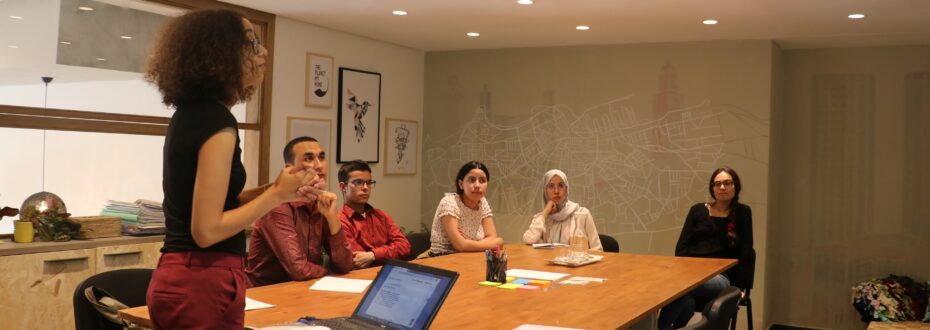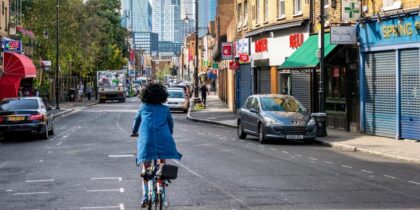By Cllr Ed Davie
Discovering that dirty water and slums caused deadly disease outbreaks, the Victorians founded modern local government to tackle public health threats.
Open sewers may be long gone but councils still face major and connected public health challenges including mental illness, poverty and air pollution. These and other challenges have been made worse during the pandemic as the burden, as usual, has fallen most heavily on those least able to protect themselves.
Local government, at first sidelined by central government, has played an increasingly important part in supporting communities to deal with the health and economic problems caused by Covid-19 and the measures taken to control it.
Centre for Mental Health has always recognised the importance of local government’s wider public health role and in 2013 led the creation of the Local Government Mental Health Challenge. The Challenge supports councillors and officers to improve mental health with their communities by sharing good practice, advice and experiences.
Since then over 100 councillors, including me as Lambeth Council’s representative, have signed up to champion mental health by pushing forward with policies and practice that promote mental health and prevent illness. Now I am working at Centre for Mental Health as policy and public affairs lead, I am delighted to get more involved in this vital work.
Two weeks ago, champions were invited to an online get-together to discuss how the pandemic is affecting mental health in their communities and how we could work together to support recovery.
Champions heard from Hannah Moore, an Equally Well UK Expert by Experience member, about her experience of living with severe mental ill health during the pandemic.
Hannah spoke about the difficulties caused by isolation, and how some people with severe mental illness have struggled with not having access to IT or enough money. But she also described how she had started to walk regularly in her local park, taken up exercising in the gym, quit smoking and stayed in touch with friends. Hannah’s actions supported her health and showed how councils are vital as they commission smoking cessation services, create and maintain parks, provide leisure and community spaces (including for social prescribing purposes) and can help tackle poverty, exclusion and isolation.
Birmingham City Council’s Cabinet Member for Health and Social Care, Paulette Hamilton, talked about these kinds of support and what more the UK’s biggest local authority was doing to work especially with residents from racialised communities to improve services.
Munisha Savania, Public Health Consultant at Bolton Council, and Fiona Walshe, Director for Mental Health and Disabilities at Department of Health and Social Care told champions more about what local and central government were doing to support mental health during the pandemic. Centre for Mental Health’s Chief Economist Nick O’Shea shared the Centre’s latest forecast on the economic and social impact of the pandemic.
During break-out groups, councillor champions described the particular challenges their communities were facing and how we could work together to tackle them.
Many talked about the increase in demand for Children and Young People’s Mental Health Services as more young people had experienced trauma, neglect and isolation during the last 18 months of disruption. Others spoke of older residents who had also suffered more as they were cut off from family, friends and community and sometimes without the benefit of digital connections.
As is so often the case, it has been the youngest and oldest and people with other vulnerabilities that have suffered the worst. Councils, with their deep connections and democratic accountability, have shown that they are a major part of the solution and Centre for Mental Health is here to support those efforts.








